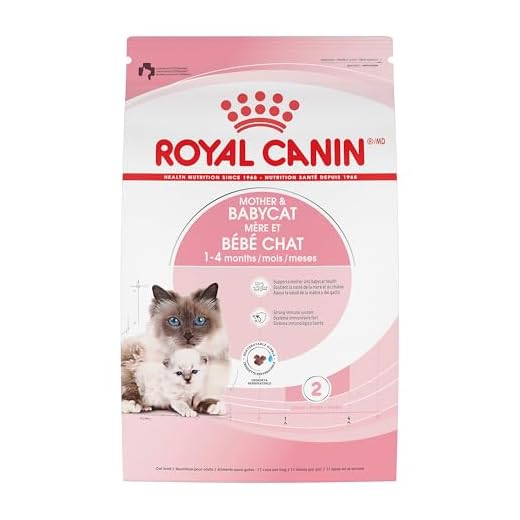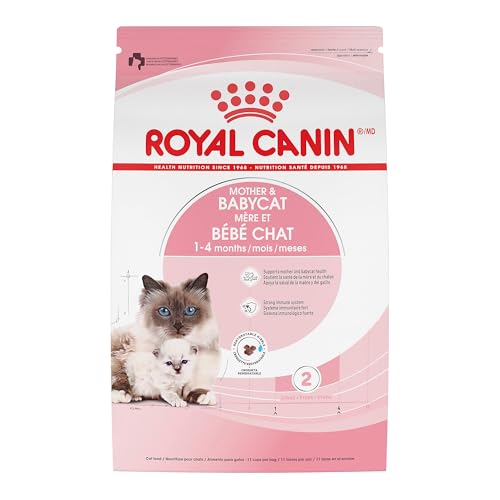



The duration of gestation in felines typically spans between 63 to 65 days, although it can vary slightly from one individual to another. It’s essential for pet owners to be aware of this timeframe to provide appropriate care and attention during this critical phase.
During the initial weeks, physical changes in the mother may not be very noticeable. However, as the days progress, there will be evident signs, such as an increase in appetite and a growing abdomen. Monitoring these changes can help ensure the health of both the mother and her future kittens.
As the delivery date approaches, creating a comfortable and safe environment becomes paramount. Preparing a quiet space, free from disturbances, allows the mother to feel secure and ready to welcome her new litter. Being attentive to her needs during this time can significantly impact the well-being of the entire family.
Understanding the Feline Gestation Period
Typically, the time frame for a feline’s development spans around 63 to 65 days. During this phase, expectant mothers undergo various changes that impact their behavior and health. Regular veterinary check-ups are crucial to monitor both mother and kittens. Nutrition plays a significant role; providing a balanced diet enhances the well-being of the mother and supports fetal growth.
As the due date approaches, you may notice nesting behaviors. It’s advisable to create a quiet, comfortable space for the cat to give birth. This area should be free of disturbances and equipped with soft bedding. Keeping the environment calm aids in a smoother birthing process.
During this transformative period, stress can negatively affect the mother. Maintaining a peaceful atmosphere and avoiding loud noises or sudden changes in routine is beneficial. Additionally, consider incorporating safe plants into the home, as they can enhance the living space. For recommendations, check out the best houseplants safe for cats.
Preparation is key. Have essential supplies ready, including clean towels, a heating pad, and a box for the kittens. Being proactive ensures a positive experience for both the mother and her new arrivals.
Signs of Pregnancy in Cats
First off, if you notice changes in appetite, it might indicate something special. A pregnant feline often experiences increased hunger due to growing kittens. However, some may lose interest in food initially, only to return to their regular diet later.
Watch for behavioral shifts. Expect some cats to become more affectionate, seeking your attention frequently. Others may prefer solitude, seeking out quiet, cozy spots to rest. This behavior is completely normal as they prepare for motherhood.
Physical signs are also quite telling. Look for a slight weight gain, particularly around the abdomen. You might also observe changes in the nipples; they can become more prominent and may take on a pinkish hue as the pregnancy progresses.
Another sign is nesting behavior. As the delivery date approaches, expect your furry friend to start searching for a safe, comfortable place to give birth. Providing a quiet area with blankets can help her feel secure.
In case you need to clean your space during this time, consider using the best patio cleaning fluid for pressure washer to ensure a tidy environment for both the mother and her upcoming litter.
Lastly, if you notice any unusual signs such as excessive vomiting or lethargy, it’s wise to consult a veterinarian for professional advice. Keeping an eye on these signals will help you support her during this exciting time.
Factors Affecting the Duration of Pregnancy
Several elements can influence how long a feline is expectant. The primary factor is the breed. Some breeds may experience shorter or longer gestation periods compared to others. For instance, larger breeds might have a slightly extended timeframe, while smaller ones could have a more typical duration.
Health and Nutrition
A mother’s overall health plays a significant role. Cats that receive proper nutrition and regular veterinary care tend to have healthier pregnancies. Malnutrition or underlying health issues can lead to complications, potentially affecting the time frame.
Age
Age is another critical aspect. Younger cats or those having their first litter might experience variations in duration compared to more mature felines. Older cats, while often more experienced, can sometimes encounter different challenges that may influence the timing.
| Factor | Impact on Gestation |
|---|---|
| Breed | Can alter duration slightly |
| Health | Improves outcomes and may stabilize duration |
| Nutrition | Essential for maintaining consistent gestation |
| Age | Can lead to variability in timing |
Monitoring these factors is key to ensuring a smooth experience for both the mother and her kittens. Keeping track of health, nutrition, and age will help predict any potential deviations in the gestation period.
Average Litter Size and Its Impact
Typically, the number of kittens per litter ranges from three to five. However, it can vary based on several factors including the cat’s age, health, and breed.
More kittens can lead to increased demand for resources, such as food and space. This can create challenges for both mother and her owner. Ensuring proper nutrition is vital, as a larger litter requires more energy and nutrients to support growth.
Additionally, a greater number of kittens can result in higher stress for the mother, especially if she is inexperienced or the environment is not conducive to raising young. Observing her behavior is important; if she seems overwhelmed, providing a calm space is essential.
Another consideration is the future homes for these kittens. A larger litter means finding more responsible owners, which can be a daunting task. It’s crucial to have a plan in place for each kitten’s adoption to ensure they receive the care they need.
In summary, while a higher litter size can be exciting, it comes with responsibilities. Monitoring health and well-being for both the mother and her kittens is paramount throughout this period.
Preparing for the Arrival of Kittens
Setting up a cozy space is essential. A quiet, warm area with soft bedding is perfect for the queen to give birth. Consider using a box lined with clean towels or blankets to provide comfort and security.
Supplies to Gather
Stock up on necessary items ahead of time. You will need food specifically formulated for nursing mothers, which contains higher calories and nutrients. Water should always be available. Prepare a litter box nearby for easy access.
Monitoring Health
Keep an eye on your feline’s health as she approaches the due date. Regular check-ups with the vet ensure everything is progressing smoothly. Discuss any concerns about nutrition or behavior changes that may arise during this period.
Post-Pregnancy Care for Mother Cats
Ensure a quiet and safe environment for the new mom. She needs a cozy space away from noise and disturbances. Set up a comfortable nesting area with soft bedding.
Provide a well-balanced diet to support her recovery and nursing. High-quality kitten food is recommended due to its rich nutrients. Feed her multiple small meals throughout the day.
- Monitor her water intake; hydration is crucial.
- Introduce wet food to help with hydration and nutrition.
- Consider supplements if recommended by a vet.
Regular vet check-ups are necessary to ensure she is healing properly. Keep an eye out for any signs of complications, such as lethargy, loss of appetite, or unusual discharge.
Encourage gentle interactions with her kittens. Allow her to guide the bonding process. Supervise playtime to ensure she feels safe while engaging with her little ones.
- Keep the living area clean to prevent infections.
- Limit visitors to reduce stress for the mother and her kittens.
- Provide a litter box nearby to make it convenient for her.
Help her maintain a healthy weight during this time. Avoid overfeeding, as excess weight can lead to health issues later on.
Watch for behavioral changes. Some mothers may become protective or anxious. Be patient and supportive as she adjusts to her new role.








